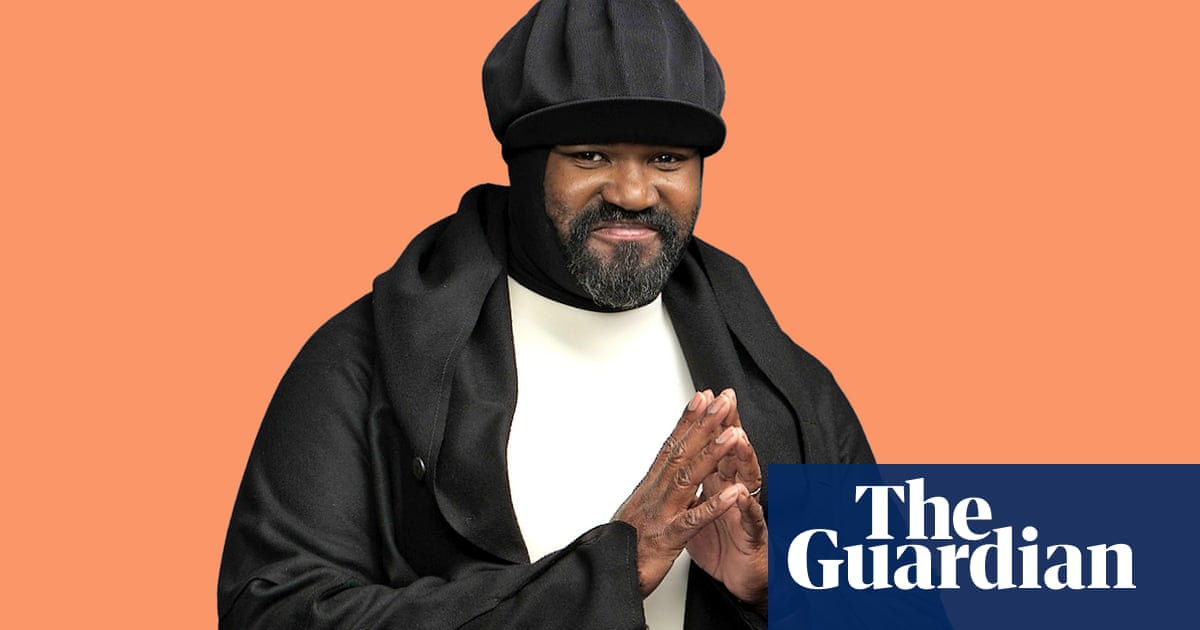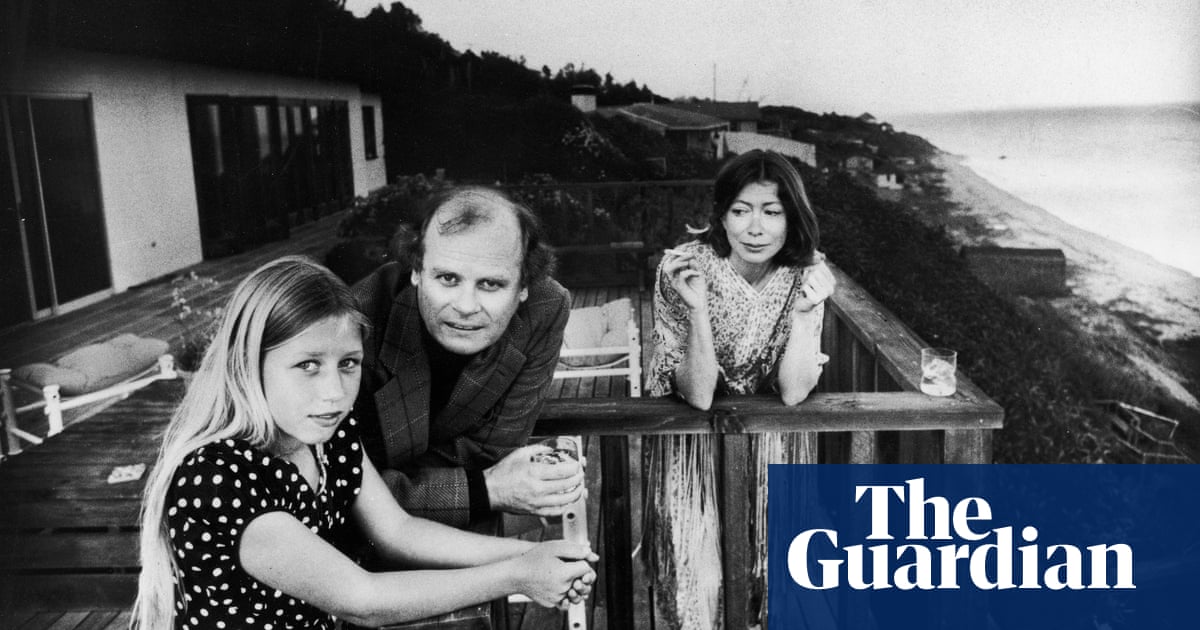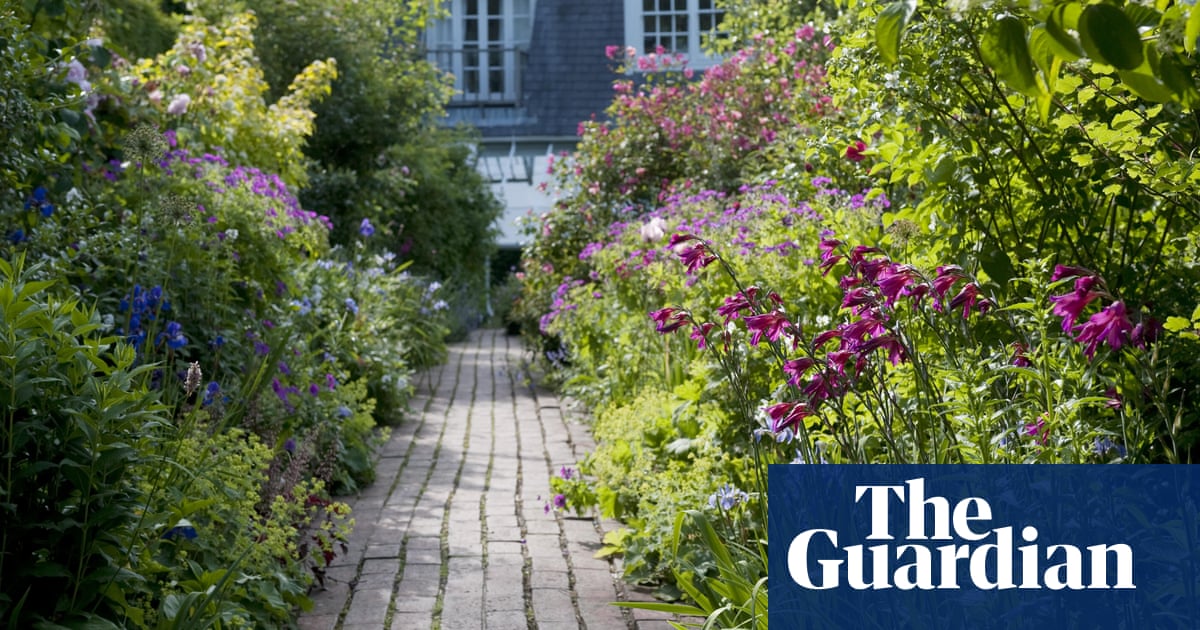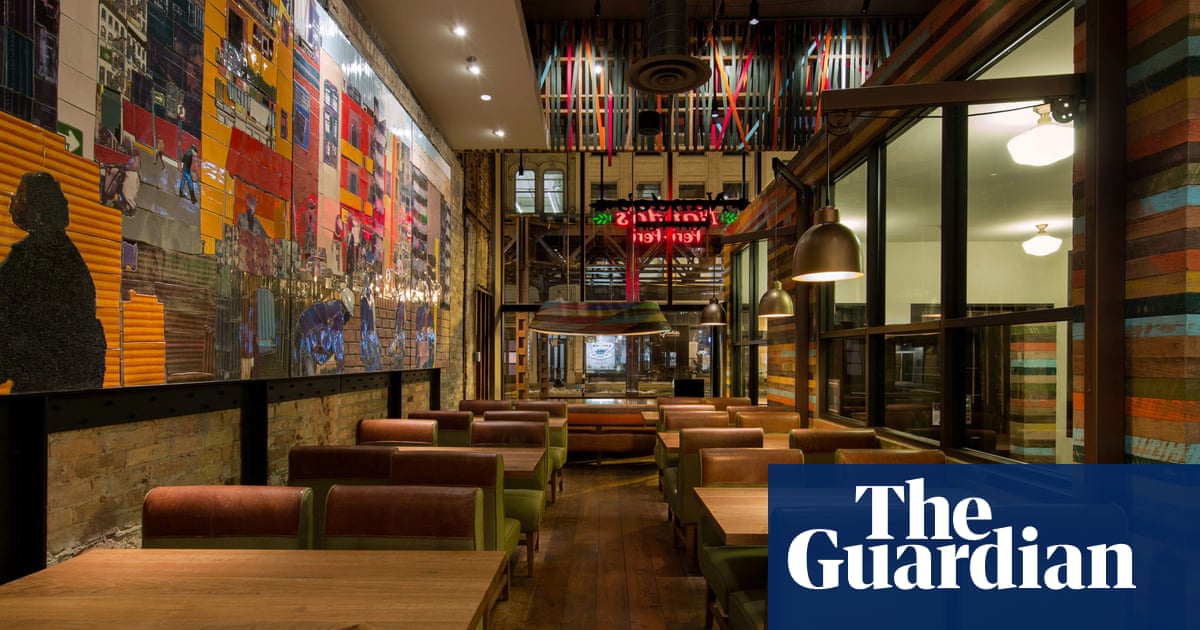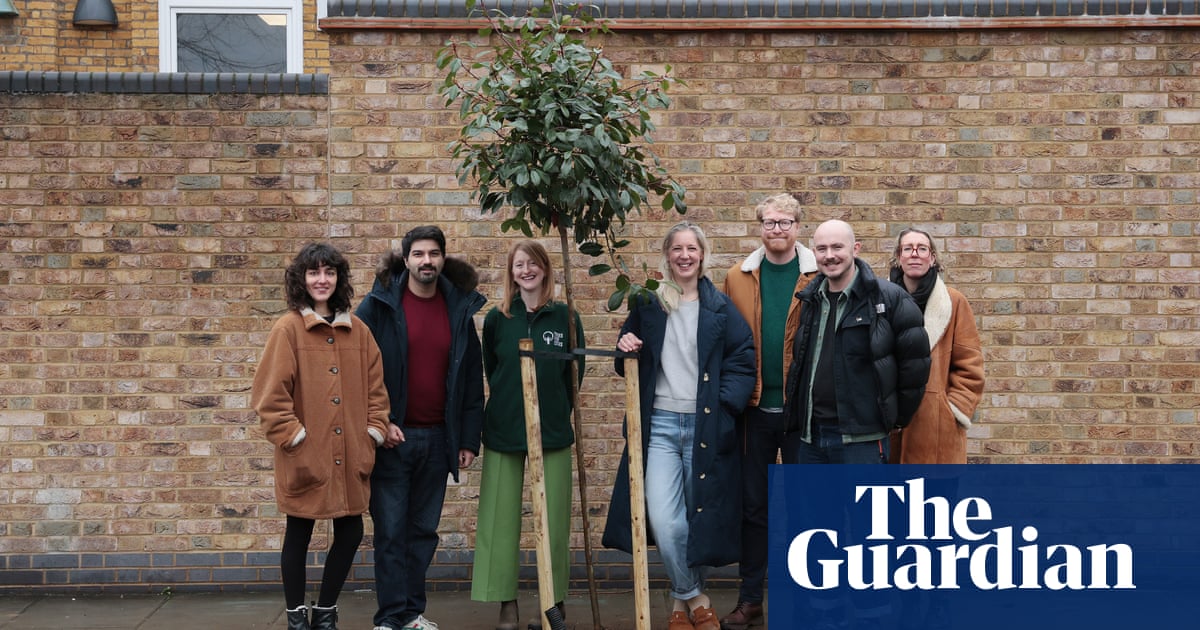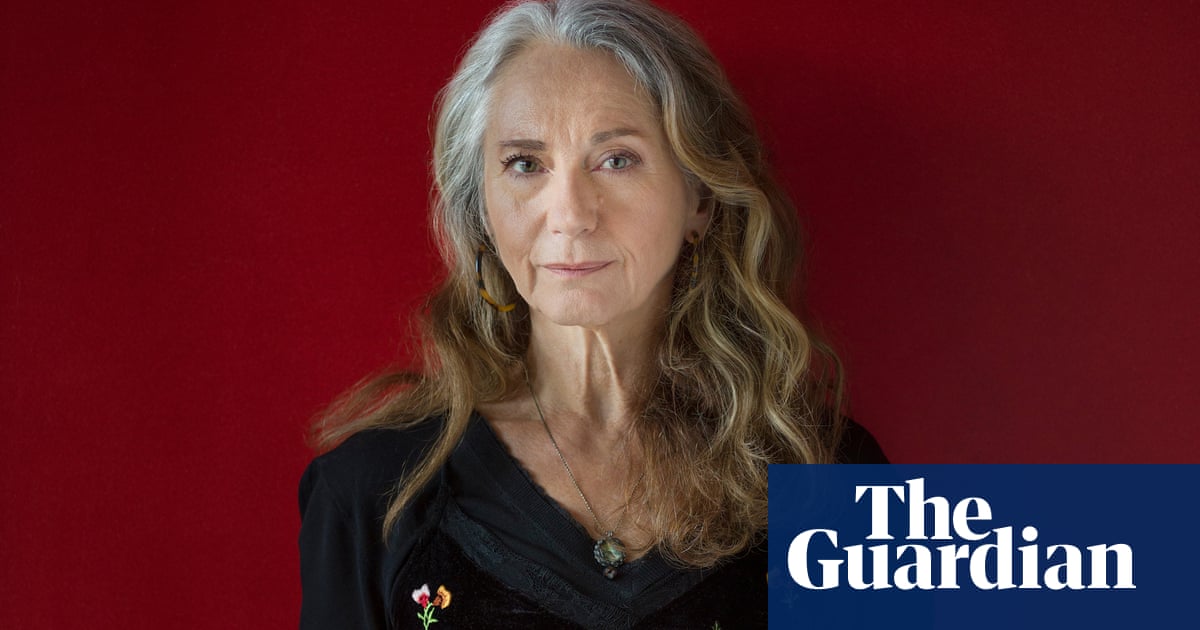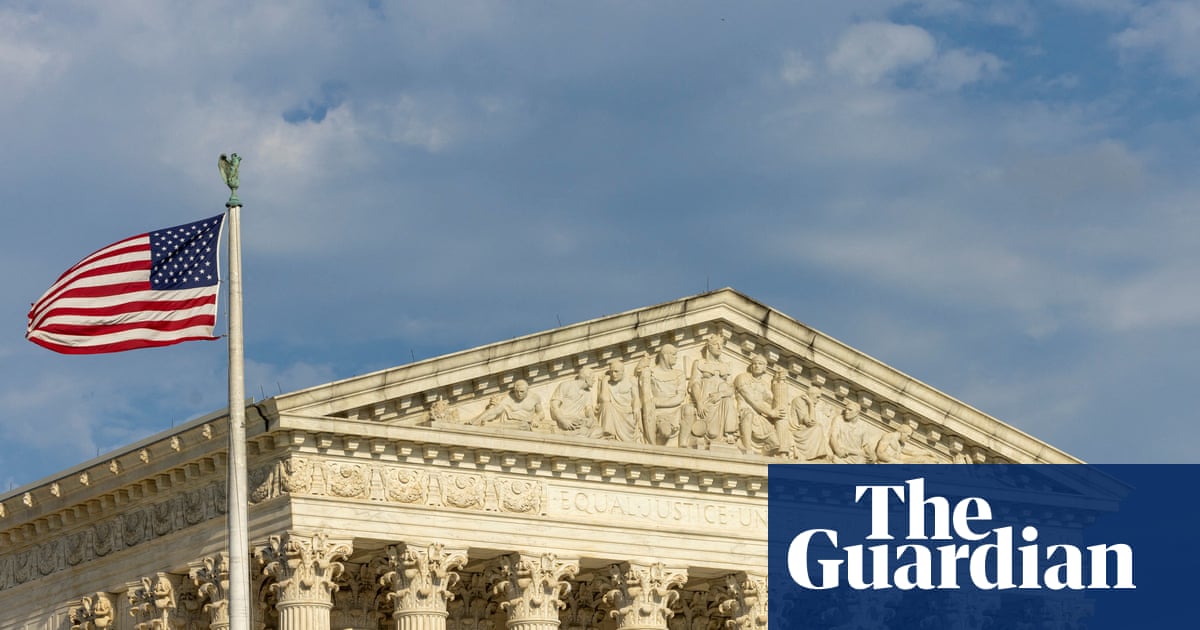So this is how a clock turns backwards. With the hands still spinning even now, it’s hard to know yet exactly how far back in time we will land. But Wednesday’s supreme court ruling that for the purposes of equality law, “woman” means “biological woman” – basically the chromosomes you were born with, regardless of what legal hoops you have since jumped through – is nonetheless a watershed moment.
We are going back to a time before “trans women are women”, full stop, no debate: and if it’s handled well, accepting that sometimes life genuinely is more complicated than that could ultimately be healthy. But if handled badly, we could be heading back to a far darker time, when trans existence was shrouded in fear and shame and bigots had carte blanche.
By stressing that their ruling did not remove trans people’s protection from discrimination, the five supreme court judges signalled clearly that they did not mean to go back that far. Instead, they seemingly want the time machine to stop in 2010, the year an incoming Tory-Lib Dem coalition pushed through an Equality Act drawn up by the outgoing Labour cabinet minister Harriet Harman, which their ruling sought to interpret. As Harman has said, that act reflected a hard-won, sensitively negotiated consensus between Stonewall and women’s rights groups that is frankly hard to imagine today.
The deal done recognised that nobody should face prejudice or harassment for being trans, any more than for being black or gay, but that in practice some limited exceptions were needed (just as women’s rights under sex discrimination law have loopholes). It allowed for trans people to be excluded from women’s spaces where that was a proportionate means of achieving a legitimate aim – ensuring vulnerable women weren’t frightened off using a service like rape counselling, say, or protecting safety and dignity. That consensus eventually shattered after Stonewall proposed scrapping the exemptions, before thinking better of it, but in 2010 there was still a shared sense that having rights of your own does not magically exempt you from having to consider other people’s rights and feelings; that no person is an island, there is more than one way to be vulnerable, and compromise is required. When the judges warned against Wednesday’s ruling being considered a victory for either side, that spirit is surely the one they meant to invoke.
Some hope. On one side, activists objecting to trans people not being heard in a case “that only affects trans people” are still not grasping the lesson of the last 15 years: that one person’s rights do affect another’s, just as the Equality Act anticipated, and insisting they don’t simply destroys credibility.
On the other, some gender-critical feminists who have endured years of death threats, ostracisation and attempts to get them fired for views now vindicated in court are clearly in no mood to be magnanimous. Some are publicly arguing that the ruling makes it compulsory to exclude trans women from all women’s spaces, as if all protections were now gone and it is a crime to accept someone into your wild swimming group.
For trans people and those who love them, this is a frightening and uncertain moment. What happens if you’re halfway through treatment in hospital? Will the gym that always felt so friendly and welcoming turn hostile? And where does all of this leave trans men?
Small, well-meaning organisations that can’t afford fancy lawyers – grassroots women’s sports teams, small business owners unsure what to do about the staff loos – will be as bewildered as their customers about what should happen now. Even large ones like the NHS face judgments of Solomon as they endeavour to treat both trans and non-trans patients with compassion. This moment requires leadership, but this Labour government seems fearful of providing it, perhaps because the evidence suggests public opinion is, if anything, hardening: YouGov finds rising hostility to everything from trans women’s participation in female sport to hormone treatment on the NHS for adults. Bizarrely, polling records slightly higher opposition to trans women using female toilets and public changing rooms (55% and 58%) than domestic violence refuges (52%). Do people really think a woman traumatised by male violence, who suffers flashbacks triggered by anything that reminds her of her abuser and who has gone into a refuge to escape all that, is less vulnerable than a woman getting changed in a locked cubicle at the local lido? Or are they simply more worried about spaces that they can easily see themselves using, suggesting the argument is no longer being driven simply by safety concerns?
That leaves the Equality and Human Rights Commission, which is drawing up statutory guidance on how to interpret the act in practice. Yet far from invoking the spirit of 2010, its chair, Kishwer Falkner – who has fought her own personally bruising battles inside the organisation on this issue – is signalling that she intends to take a hard line. The NHS should stop accommodating trans patients according to their preferred gender, she told BBC Radio 4’s Today programme, adding that trans women shouldn’t be using women’s loos and changing rooms, either: when asked where they were supposed to go instead, she retorted that they should be “using their powers of advocacy to ask for those third spaces”. But if that’s her conclusion, then her organisation should be leading the charge to ensure neutral spaces are actually provided, if we are not to simply spiral back to the days of trans people being afraid to go out in public.
What this ruling ultimately means is that no matter how much surgery she has, how well she “passes” or who she feels herself to be, in the eyes of the law a trans woman cannot quite be a woman in the same way as someone born with XX chromosomes. There’s no glossing over the fact that for some, that will seem shockingly cruel, and for others, more like common sense. But though it inevitably puts a degree of separation between trans and biological women, how far that separation goes is not yet set in stone. It will be for parliament to decide in principle and for people to decide in practice how exactly we all live alongside one another, what social norms we set and how far the clock goes back. It’s not too late to try to do that with care and compassion, rather than indulging in score-settling. The supreme court clearly intended to give us another chance, as a society, to get this right. The crime would be to waste it.
-
Gaby Hinsliff is a Guardian columnist

 1 day ago
5
1 day ago
5
